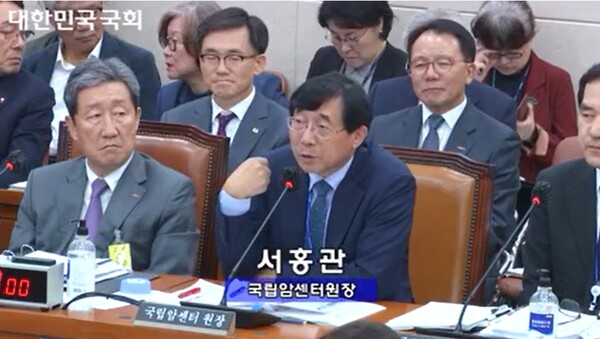
The mandatory installation of CCTVs in operating rooms has been implemented, but experts point out that they might become “useless.”
During the National Assembly’s audit of the Ministry of Health and Welfare on Thursday, Rep. Cho Myung-hee of the People Power Party pointed out that CCTVs in operating rooms, which have become mandatory amid controversies, are not very effective in the medical field.
In response, Seo Hong-gwan, director of the National Cancer Center (NCC), said, "CCTVs have been installed in 15 operating rooms at the NCC. If a patient wants to be filmed, they (medical staff) must consent. However, many staff do not consent. Similarly, even if they filmed the scene, those wanting to view the CCTV must have the staff’s consent.”
He went on to say, "I expect there will be considerable difficulties in enforcing the law because there is always the issue of consent. There are also exceptions for filming, which I think will also work as obstacles to enforcement."
According to data submitted by the ministry to Rep. Choi Hye-young of the Democratic Party of Korea (DPK), 2,310, or 96.4 percent of the total 2,395 medical institutions, have completed the installation of CCTV in operating rooms since the mandatory installation of CCTV in operating rooms was implemented.

